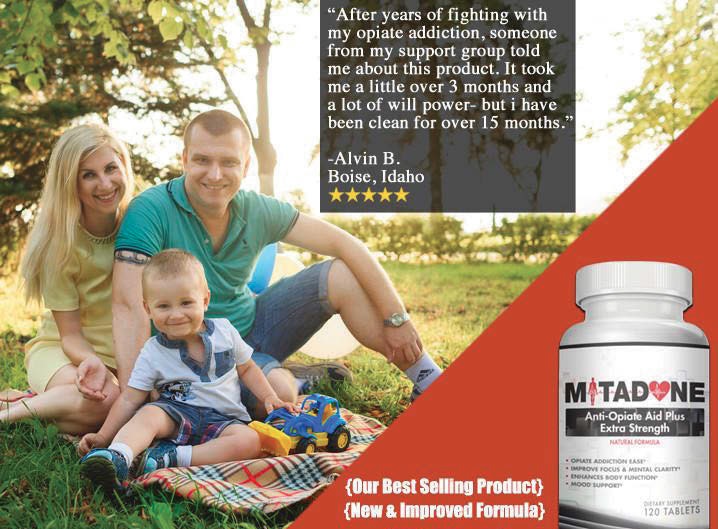Opioid-detox supplements offer empty promises
Drug overdoses killed 64,000 people in the United States in 2016. Roughly six out of every 10 of those deaths involved opioids. Methadone and other prescription drugs can help people kick the habit. What about Opiate Detox Pro, TaperAid Complete, and other supplements that are sold online? We asked a handful of companies for evidence to back up their claims. It wasn’t pretty.
“It will help to detox your body and help soothe the symptoms of opiate withdrawal naturally,” says one supplement’s website. “Speed Your Detox,” says another.
For people dependent on opiate painkillers who are desperate for help, those promises are tantalizing. That’s especially true for people who don’t have insurance that covers effective treatments.
“But there’s no credible evidence that dietary supplements can help with the prevention of opiate addiction, detoxification, or relapse prevention or recovery,” says Bachaar Arnaout, an addiction psychiatrist and assistant professor at the Yale School of Medicine.
“These supplement companies are giving false hope to people who are desperate to get better. The danger people face by being misled is that they will be resorting to ineffective measures that can cost them their health and their lives.”
Addiction withdrawal “simply does not respond to mild measures like a vitamin or mineral supplement,” says Arnaout. “And there’s no evidence that these make any difference in the course of opiate addiction.”
We asked eight companies that market opioid-withdrawal supplements—most are combinations of vitamins, minerals, and herbs—to show us the evidence supporting their claims. What they produced was anything but convincing.
The makers of Vasovita 2.0, for example, said that they had “data documenting highly significant differences” between six people who were given Vasovita and six who were not. (Not exactly a big study.) But because the company has applied for a patent, “our attorney advises us not to release any further data at this time.”

The other companies didn’t even pretend to have that much. For example:
■ Mitadone Anti Opiate Aid Plus ($40 a month).
Claims: “Helps ease withdrawal symptoms.” “Helps you quit.”
Evidence: “We don’t really have any scientific studies as such currently, it takes years & millions of dollars to do that,” the company e-mailed us.
■ TaperAid Complete ($182 a month).
Claim: “Helps those individuals who have decided to completely discontinue opioids.”
Evidence: “Only informal studies with the 170 people I’ve shared it with so far,” a company spokesman wrote in an e-mail.
■ Opiate Detox Pro ($20 a month).
Claims: “Advanced Addiction Withdrawal Formula.” “Opiate addiction ease.”
Evidence: “Scientific studies are very costly, so no, there is no study,” the company e-mailed us.
■ Opiate Freedom Center Ultimate Recovery System ($75 a month).
Claims: “Speed Your Detox.” “Make Withdrawal Easier.”
Evidence: The company never responded to our e-mails. It also ignored a challenge to its claims from the Better Business Bureau’s National Advertising Board. The board has referred the case to the Federal Trade Commission.
In December, the Center for Science in the Public Interest (Nutrition Action’s publisher) asked the Food and Drug Administration to ban the sale of the eight companies’ opioid-withdrawal supplements, and asked the FTC to prohibit the phony claims in their ads.
“It is appalling that companies are profiting from the opioid epidemic by offering untested products whose use does not even correspond to the biology of opioid addiction,” says Arnaout.
“The heartbreaking thing is that we do have FDA-approved medications that work for treating opioid addiction. But only a minority of people actually receive them.”
Photo (pill bottle): © steheap/fotolia.com.
Continue reading this article with a NutritionAction subscription
Already a subscriber? Log in

